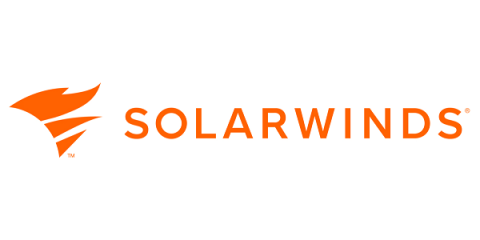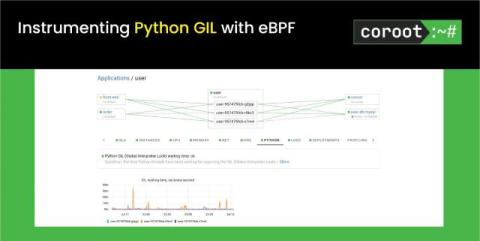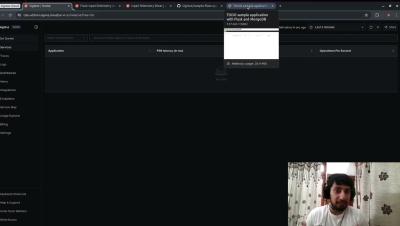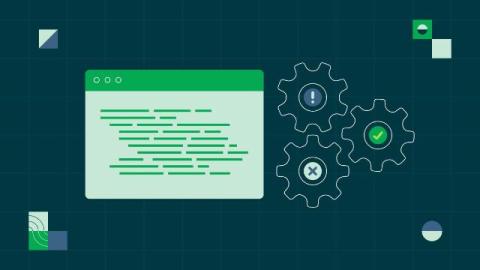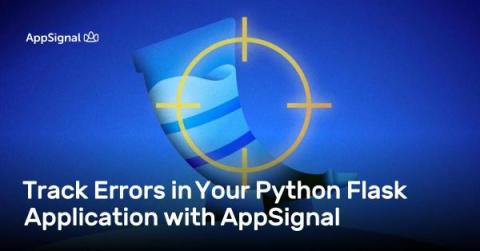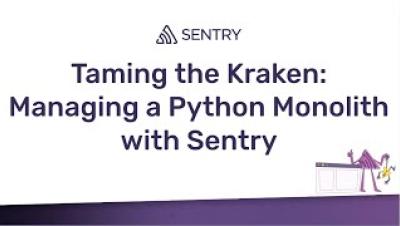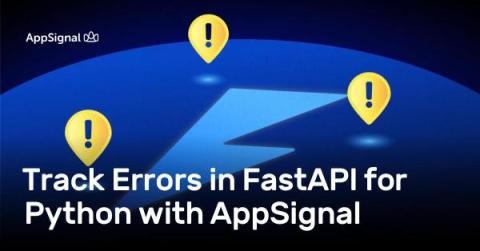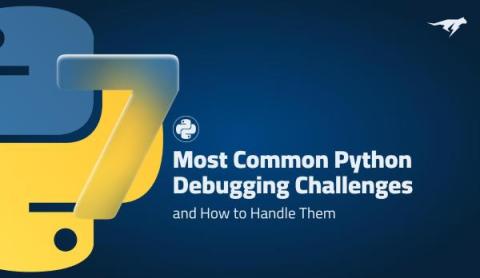How to Send Python Logs to Loggly
Logging in a Python application is straightforward. When you have good logs, you have better visibility into application health. You can monitor performance and track user activity. You’re better equipped to debug errors. Life is good. The challenges come when your application grows more complex. Perhaps your Python code is part of a broader application, or you have services distributed across multiple machines or clouds.


